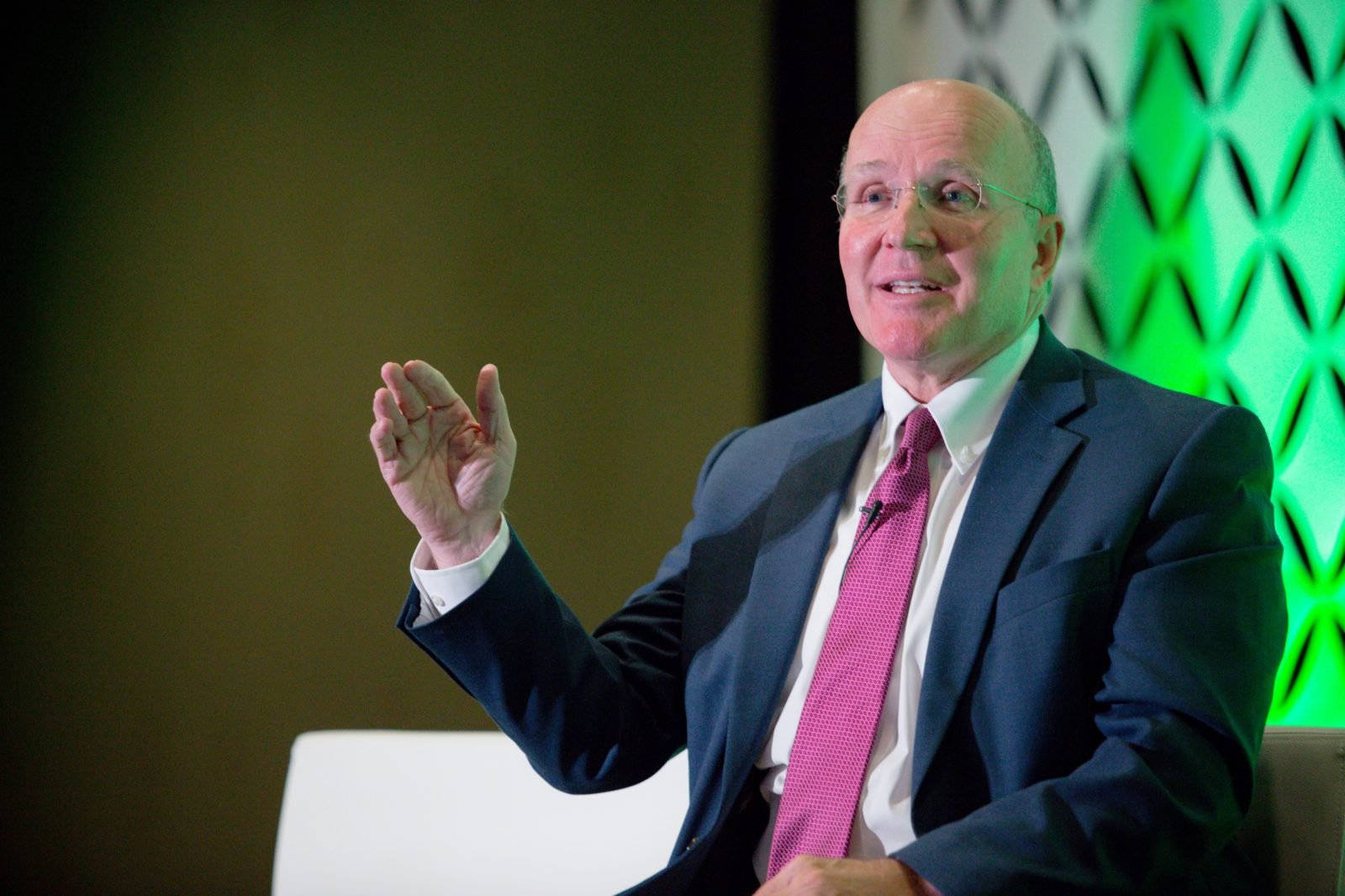In ancient China, India, Rome, and almost everywhere throughout the Middle Ages, all interest charges were called “usury” and were prohibited entirely, making economic progress through lending and risk-taking all but impossible.
Today, so-called “price gougers” are subject to societal condemnation, regulatory harassment, and editorial vitriol. Oil companies are frequently a prime target of public outrage, especially when prices at the pump vary from one city to another.
Pharmaceutical companies are held in special contempt when they charge $5 to $100 (or more) per pill, even if the dosage reduces more costly medical intervention by other means, such as surgery. In May 2000, the late Senator Paul Wellstone claimed, “We have an industry that makes exorbitant profits off sickness, misery, and illness of people, and that is obscene.” So what?
Orthopedists profit from people breaking their leg skiing, just as professors’ profit from students’ ignorance. Farmers profit from our hunger, but in reality they keep us from hunger. Drug companies profit by making us healthy.
The problem with a “just” price is who gets to decide what is just? The free market already provides an answer to this question—whatever someone is willing to pay. There is no objective standard for “fair,” which is why we have free speech rights, not fair speech rights.
Although it sounds heretical, it is not. An old legal maxim teaches: Emptor emit quam minimo potest, venditor vendit quam maximo potest (“The buyer buys for as little as possible; the seller sells for as much as possible”). Ultimately, the customer is sovereign, spending his or her money only when it provides value.
To believe the free market is imperfect with regard to the fairness of prices is to grossly underestimate your own sovereignty as a customer while putting your faith in some anonymous third party—usually a governmental regulatory agency or the courts—to determine what is “fair.”
Yet prices contain a wealth of information that no central agency can possibly possess, which is why wage and price controls have failed everywhere they have been tried (See “A Fair Price Utopia Gone Wrong” Case Study).
If it is immoral for a company to charge premium prices to customers, does it follow it is also immoral for customers to pay low prices? If prices are deemed “unreasonable” why do people pay them? Only unreasonable people pay unreasonable prices.
Case Study: A Fair Price Utopia Gone Wrong
Once upon a time there was a fair price utopia. In it, prices were set according to a theory of fair pricing. The price was based on the average product cost of all firms plus a standard percentage markup. Even if the costs of production for an identical good varied, the price was kept uniform for the customer. Although prices responded dynamically to changing average costs of production, this dynamism was tempered to maintain price stability. There were no unpleasant surprises. Buyers were supposed to enjoy complete transparency and control: by law, they could review the producer’s accounting and participate in determining the price. And the prices of basic staples like bread were subsidized to help the needy.
Beginning to sound familiar? That is because this utopia was the pricing system of the former United Soviet Socialist Republic. It was a pricing system designed to be fair. So what went wrong?
In might have been fair in theory, but not in actuality. Prices did not reflect the value as perceived by the consumer. The determination of value was done by overblown governmental departments based on complex calculations of cost and profit plus distribution costs, as well as consumption value and utility. Consumers had no idea how prices were actually determined. Supply did not respond to demand. Consumer goods were always in short supply no matter how strong the demand.
The system was imposed from above so that consumers had no voice. They consequently felt no compunction about flouting it. The black market flourished. Although in theory all consumers paid the same price, in actuality they did not.
The pricing system was inequitable, unequal, uncontrollable and opaque. The prices were wrong—and that’s not fair.
Excerpted from The Price is Wrong: Understanding What Makes a Price Seem Fair and the True Cost of Unfair Pricing, by Sarah Maxwell, PhD, 2008, page 164.
To believe prices are determined by greed is to believe sellers can establish prices at whatever level they desire, in effect never having to suffer losses or bankruptcy. Homes along the ocean front command high prices, but this does not prove fresh air causes greed. Prices convey information, while allocating resources and distributing income. If sellers are greedy than the counter argument can be made that buyers are also greedy and selfish, since they value seller’s products more than they do their money. Yet only the seller gets blamed. Probably because greed and selfishness do not, at all, explain this behavior.
















